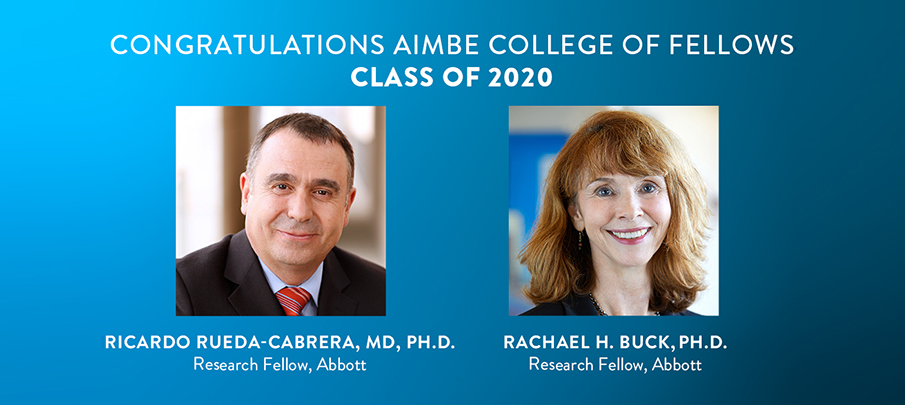We asked them about how they got their start, what they love about their jobs and what advice they have for young girls considering a career in STEM.
Here's what they had to say.
Q: What Do You Love About Science? What Makes It So Powerful?
BM: The knowledge gained by science is powerful and allows us to learn about new technologies, manage and treat diseseases and improve the quality of life for all individuals. Genetics is a perfect example, where information gained has resulted in medical breakthroughs that save lives.
BBR: Science is fun because you are always learning and the knowledge gained makes it powerful and exciting. For example, a scientist in the nutrition science field can help people live healthier lives which makes it rewarding and motivating.
Q: What Inspired You to Become a Scientist, and Who Were Your Mentors?
BM: As a child growing up, I was always interested in how things worked. My father was a huge influence as he emphasized the importance of education and encouraged my siblings and me to explore any possibilities. My organic chemistry professor at university made science fun and helped show how it applied to everyday life. Dr. Phyllis Acosta continued to fuel my passion for science and the study of inherited metabolic disorders. Her accomplishments in the nutritional management of these disorders changed the field and inspire me to keep learning.
BBR: Growing up, I had a passion for math and solving puzzles. And during my college years and graduate studies, I found science very interesting, especially the biomedical sciences. I eventually grew to love nutrition research and problem-solving. My mentors, to a great extent, were my professors. One such professor was Dr. Rani Singh, who was enthusiastic and brilliant. She cared about her students and fostered a love of learning.
Q: What Is One Accomplishment That You Are Really Proud Of?
BM: I was instrumental in the formation of a Pediatric Specialty Nutrition Group at Abbott Nutrition. This area focuses on products for infants, children, and adults that suffer from food allergies, gastrointestinal disorders, and inherited metabolic disorders. We are bringing technologies from our infant products to these specialized products and expanding our global footprint. It is exciting to work in an area where nutrition saves lives.
In collaboration with the Gut Platform team, I designed and executed the clinical study to support the launch of human milk oligosaccharides (HMO’s) and supported the launch by reaching over 5000 health care professionals across the globe. This is a game changer in the field of nutrition.
BBR: There’s a lot of satisfaction in neonatal/preterm infant nutrition research because nutrition can make a difference. Worldwide, one in 10 babies is born prematurely every year. To match intrauterine growth, they grow more rapidly than full-term babies; yet, their immature organs are still developing, which results in feeding challenges and specialized nutritional needs. As a clinical scientist, I know the importance of rigorous clinical research studies to confirm the performance, efficacy, and safety of our products.
I’m most proud of my work in collaboration with a team of experts to create products and technologies that not only help these babies survive, but also help them grow, develop and, most importantly, go on to live healthy lives.
Q: What Challenges Do Women in STEM Careers Experience Today?
BM: Today, I do not see the challenges that were experienced years ago. For younger women, they are now making up half or more of the workforce in medicine, science, and engineering. Go, girls!
BBR: I think in the 21st century it is easier now more than ever for young women to enter the scientific
fields. However, science and technology are growing so rapidly that they will have to be more focused and disciplined to be problem solvers of the future.
Q: Any Last Words of Advice for Young Girls Interested in STEM Careers?
BM: Do not be daunted or afraid. If you are interested in a STEM career, follow your dreams and pursue it. Accept the challenges and pave the path for more females to enter the field of science.
BBR: Don’t be afraid to follow the path that works best for you. And more importantly along the way embrace teamwork because you need to be a team player to be effective and successful.




Social Share